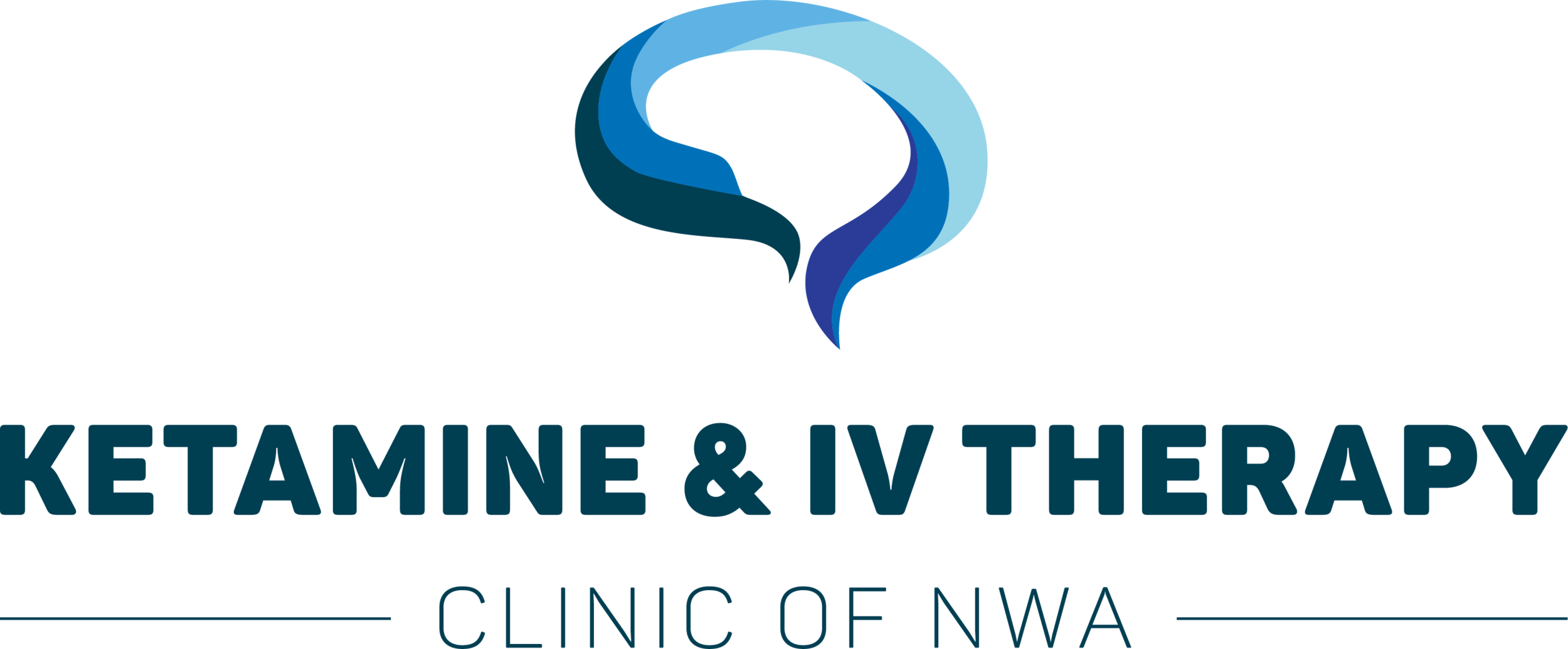Psychiatric Medication Management
What is Medication Management?
Psychiatric medication management is a comprehensive approach to the prescription, monitoring, and adjustment of medications used to treat mental health disorders. This process involves collaboration between the patient and a qualified healthcare professional, such as a psychiatric nurse practitioner with mental health expertise.
The goal of medication management is to alleviate symptoms, improve quality of life, and support overall mental health. It begins with a thorough assessment of the patient’s medical history, current symptoms, and potential risk factors. Based on this evaluation, a treatment plan is developed, often combining medication with psychotherapy and lifestyle adjustments.
During follow-up appointments, the clinician monitors the patient’s response to the medication, addressing side effects, dosage adjustments, or switching medications if needed. Communication is key; patients are encouraged to share their experiences, including any adverse effects or changes in their condition.
Benefits of Medication Management Appointments
Symptom Relief
Helps reduce or eliminate symptoms of mental health disorders, such as depression and anxiety, improving overall quality of life.
Personalized Treatment
Ensure medications are tailored to the individual's unique needs, taking into account their medical history, lifestyle, and treatment goals.
Optimized Medication Use
During the appointment your provider could adjust dosages or medication types as needed to maximize effectiveness while minimizing side effects.
Improved Adherence
The provider can provide education and support to patients, helping them understand the importance of taking medications as prescribed.
Integrated Care
The provider will offer guidance and support holistic treatment approaches by combining medication with psychotherapy, lifestyle changes, and other interventions.
Enhanced Patient Safety
Medication management appointments provide an opportunity for regular monitoring which helps reduce the risks associated with misuse, overuse, or underuse of psychiatric medications.
Improved Long-Term Outcomes
Helps patients achieve sustained stability and manage chronic mental health conditions effectively over time.
Collaborative Support
Encourages open communication between patients and healthcare providers, fostering trust and a more effective treatment partnership.

